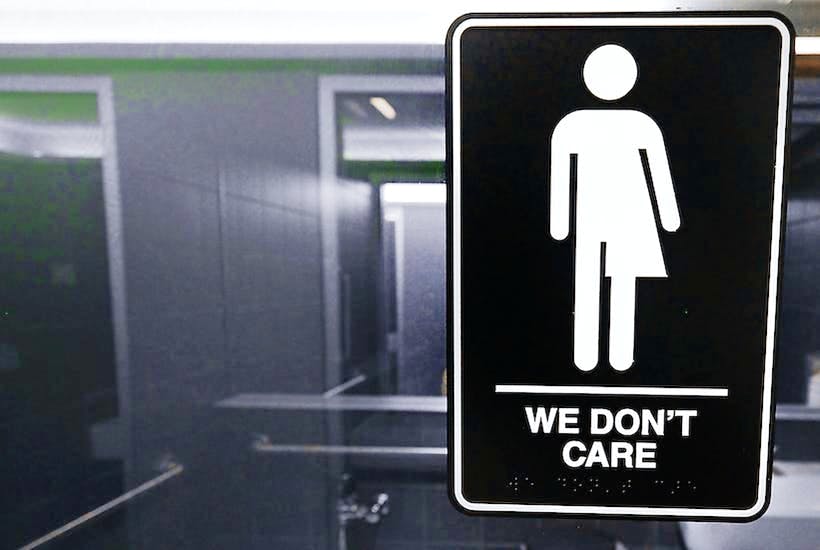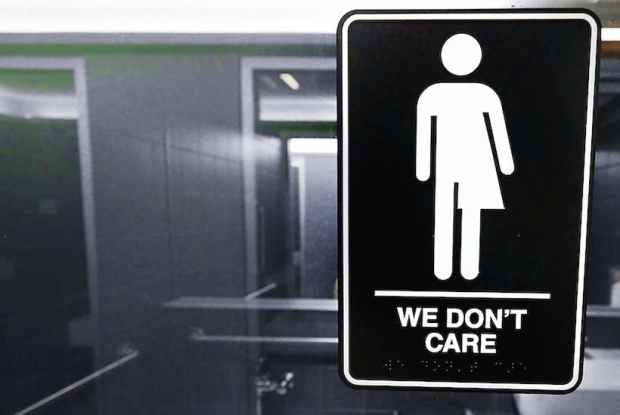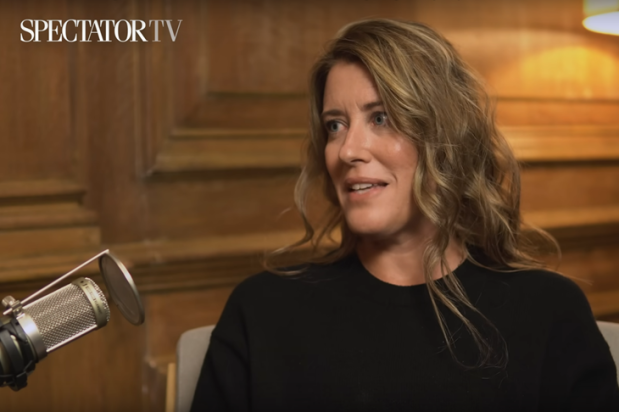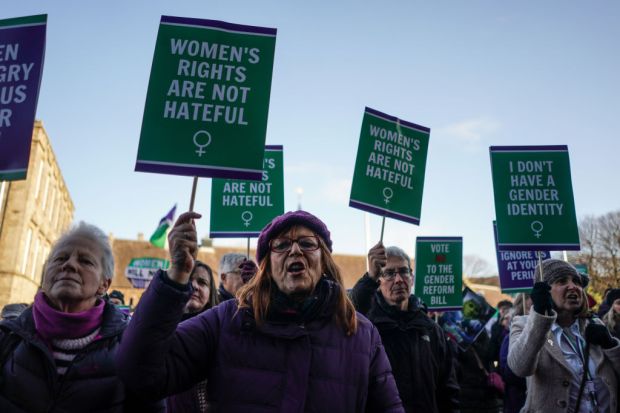The Attorney-General Michaelia Cash announced the appointment of a new Human Rights Commissioner, Lorraine Finlay, this week. I live in hope that she will help Australian women lead the world in correcting the breaches in protective mechanisms that are failing with the placement of gender identity in law.
You may remember I wrote a little while ago about
Already a subscriber? Log in
Subscribe for just $2 a week
Try a month of The Spectator Australia absolutely free and without commitment. Not only that but – if you choose to continue – you’ll pay just $2 a week for your first year.
- Unlimited access to spectator.com.au and app
- The weekly edition on the Spectator Australia app
- Spectator podcasts and newsletters
- Full access to spectator.co.uk
Or


























Comments
Don't miss out
Join the conversation with other Spectator Australia readers. Subscribe to leave a comment.
SUBSCRIBEAlready a subscriber? Log in